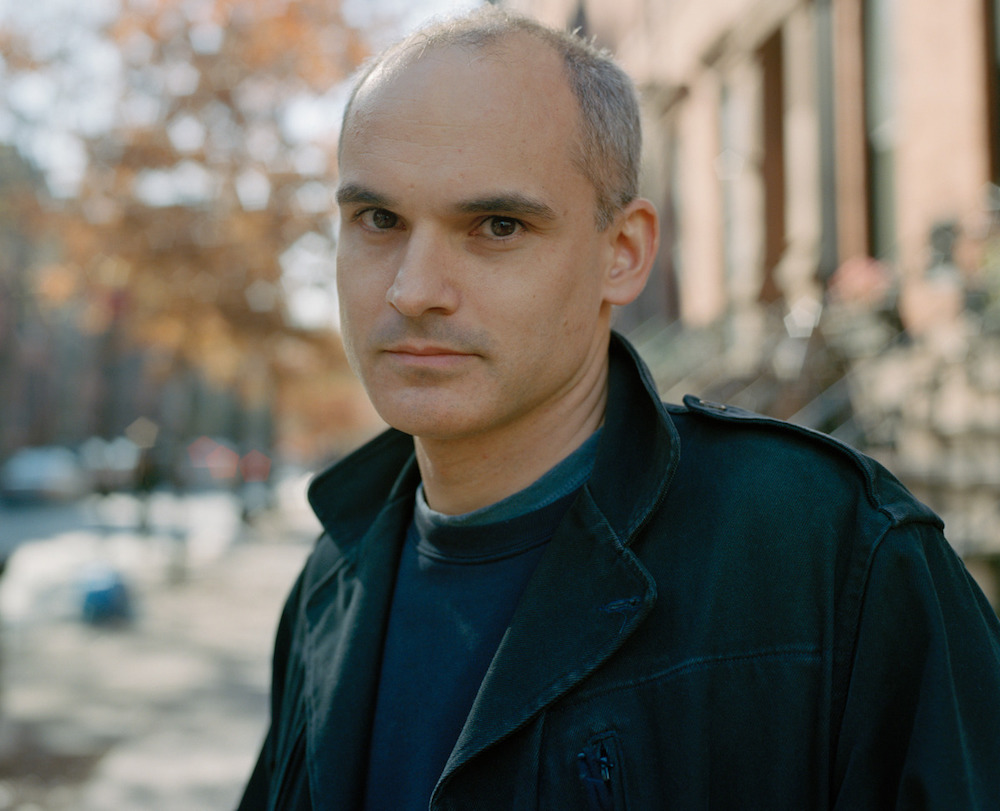Hernan Diaz edits an academic journal for Columbia University and is the author of Borges, between History and Eternity (Bloomsbury, 2012). His first novel, In the Distance, was a Publishers Weekly Top 10 Book of 2017 and a finalist for the 2018 PEN/Faulkner Award and the Pulitzer Prize. His fiction has been published by the Kenyon Review, Playboy, Granta, and The Paris Review.
*
An excerpt from In the Distance:
He was overwhelmed by an active, all-consuming hollowness—a corrosive shadow wiping out the world in its progress, a stillness that had nothing to do with peace, a voracious silence craving total desolation, an infectious nothingness colonizing everything. All that remained in its soundless, barren wake was an almost undetectable vibration. But in the absence of everything else, this faint drone was unbearable. Håkan had neither the will to make it stop (a simple task carried out with some sense of purpose, like keeping his course or cooking a meal, would probably have been enough) nor the strength to endure it. With the last dregs of consciousness he was able to scrape up, he managed to find a more or less hospitable spot with some water in it, surrounded by decent pasture fields. He tied the horse and the burro with long ropes, unpacked his tin box, and, from one of the vials kept there, took a few drops of Lorimer’s sedative tincture.
For a few moments—it was so fleeting—he did not matter, and that did not matter. There was sky. There was a body. And a planet underneath it. And it was all lovely. And it did not matter. He had never been happy before.
And it did not matter.
*
Like a sphinx, the burro was stretched out next to him. He thought it was a dream, since he had never seen the burro lying down. They looked at each other. Dawn hummed on the horizon, but how many nights had preceded this daybreak, he could not tell. His piercing sunburn reached his bones. The lines defining the things around him—the bush, the beasts, his feet—were brittle. His body felt tingly and hollow. He walked to the pond and drank the cloudy, creamy water. After making sure his animals had all they needed, he ate some charqui and a lump of sugar. With a blanket, the saddle, and a few bags, he built a simple shelter to block out the sun. He crawled under it and took another dose of the tincture.
This time, he did not experience the bliss of irrelevance. He was merely snuffed out. His eyes rolled back, but he was surprised to discover they were still able to see in the dark. They looked back into his cranium, at his own brain. With the part of his perception that was not involved in the process of seeing, he understood that his brain was receiving the images of itself from the eyes attached to it. It took his brain a moment to understand how extraordinary the situation was.
“What brain has ever seen itself?” it thought.
It also thought that its crevices, color, and texture were unique and entirely different from other human brains it had studied in the past. For a moment, the brain found the vertigo of having its own image of itself within itself dizzying and even amusing. Then it thought that it should pay attention and learn. And with that, the brain’s surface turned from gray to brown. While retaining their shape, the pearly waves became bristly knolls, and the gelatinous surface was harshened by dust and sagebrush. A gang of buffalo came out from behind the eyes and ambled through the hills.
Now Håkan knew he was dreaming and lost interest. He sank into annihilation.
from The Paris Review https://ift.tt/2HQq2DF

Comments
Post a Comment